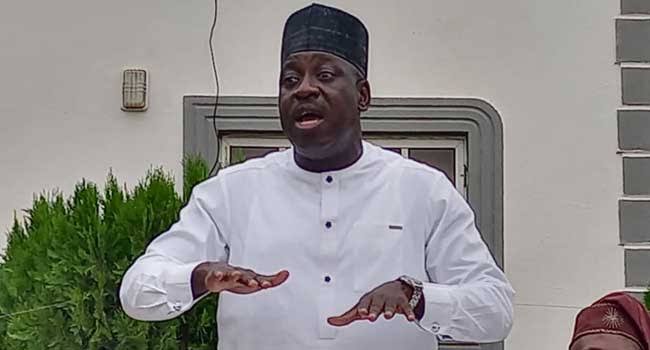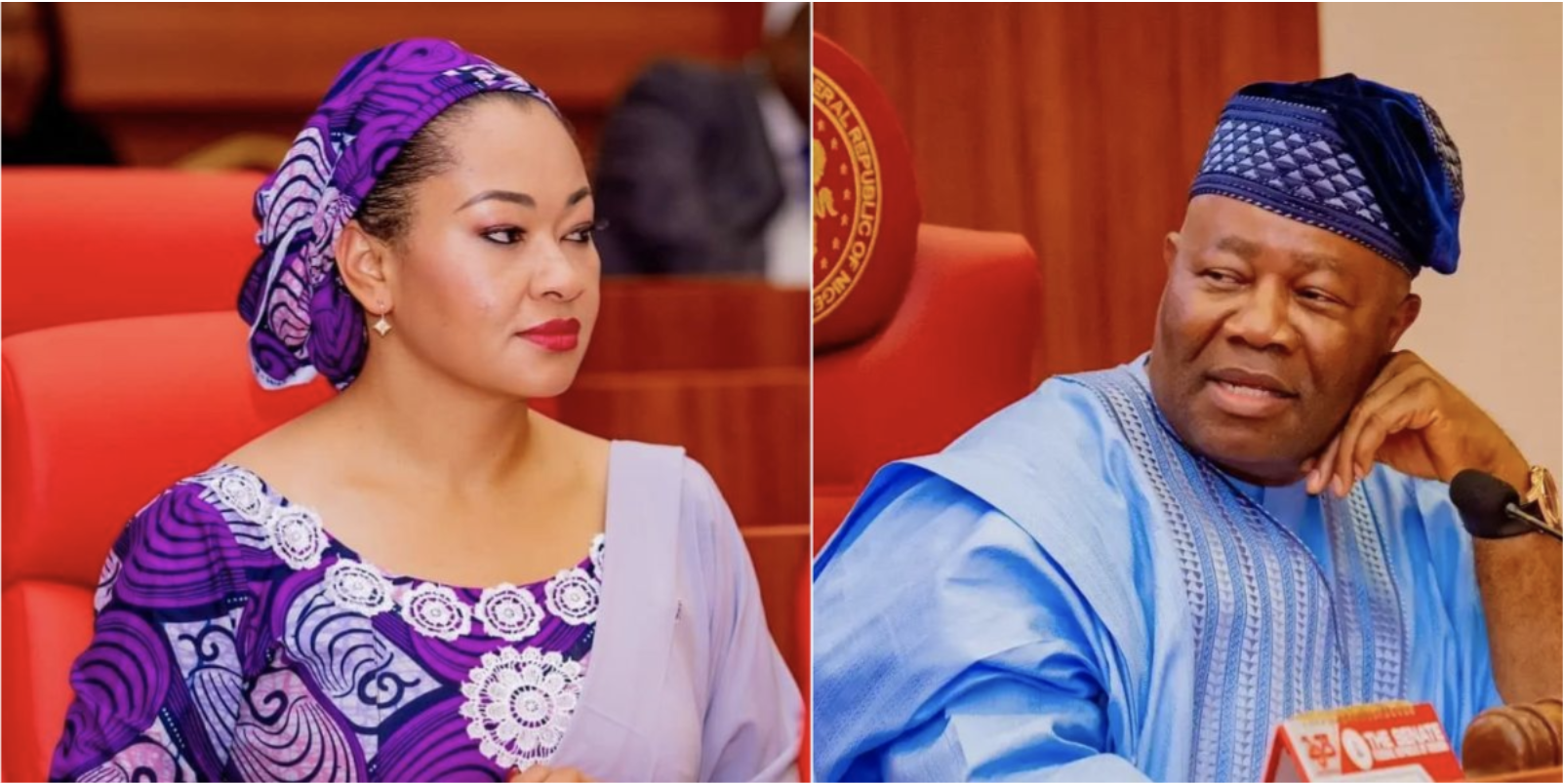Why We Cannot Dismiss Yoruba Conservatives

Since the 2023 election, the terms "Yoruba conservatives" and "Yoruba Ronus" have been used interchangeably. While these terms have historical roots, they have gained prominence in recent years, largely due to social media. Some label these Yoruba individuals as bigots. Yet, those of us who confidently campaigned for President Tinubu embrace this label. We are not newcomers to civic engagement; we are well-versed in history and understand political dynamics. We recognize emotional manipulation and political gaslighting, which is why we remained steadfast despite many in our community hesitating to support their fellow tribesman out of fear of being branded bigots. The discourse has rapidly evolved, with Yoruba Ronus now scrutinizing the backgrounds, social behaviors, leadership traits, and marital histories of their leaders. Women globally may not assume the role of the primary decision-maker in their households, but their influence within families is undeniable. As mothers, they significantly shape their children's language, social circles, and worldviews. The impact of a mother’s tongue on a child's local dialect can be substantial, influencing pronunciation and cultural communication styles—this phenomenon is often called "mother tongue interference" (MTI), which can lead to both advantageous and detrimental effects on language acquisition. If parents come from different cultural backgrounds and the mother does not fully adopt the father's culture, this can greatly affect the child's upbringing. A mother's role is complex, influencing their children's emotional development, social skills, cognitive growth, and identity in lasting ways. As wives, women also wield considerable influence over their husbands through emotional support, language, and behavior. Biblical examples further illustrate this point: Abraham married his cousin, essentially someone from his tribe, and lived a fulfilling life. When his son Isaac came of age, Abraham insisted that his servant find a wife from his own family, understanding the significance of kinship and motherhood. This knowledge yielded positive outcomes for their descendants. When Jacob sought a wife, his mother Rebecca directed him to her family, leading to the birth of the twelve tribes of Israel—an enduring legacy that solidified their unity. Consider Esther, who, though a foreigner in Persia, became queen and successfully advocated for her people, showcasing the power a woman can wield. This discussion is not about harboring animosity toward other tribes but rather about preserving cultural identity. Shared language and backgrounds facilitate bonding, making it easier for couples to unite. Many intermarriages are often fraught with challenges. While individuals may not choose their parents, leaders have the power to decide whom they marry. Those Yoruba conservatives who argue that only those married to Yoruba women should lead are addressing a valid concern about cultural representation. Moses, raised by an Egyptian woman, ultimately prioritized his own people, leading them to freedom. Similarly, Rahab’s protection of Israelite spies was a pivotal act that contributed to the downfall of Jericho. Numerous narratives, whether in literature or film, underscore how women have influenced the fates of powerful men and nations, especially when cultural compatibility is lacking. Many descendants of Abraham and Israelites have been omitted from history due to poor marriage choices that unintentionally led them away from obedience to God. In conclusion, I believe that effective leaders are mindful of their identity and carefully consider their marital choices. As Oyedepo states, "Since I recognized my royal status, I have always been conscious of my appearance, speech, and conduct." Therefore, leaders should prioritize marrying within their cultural heritage.









